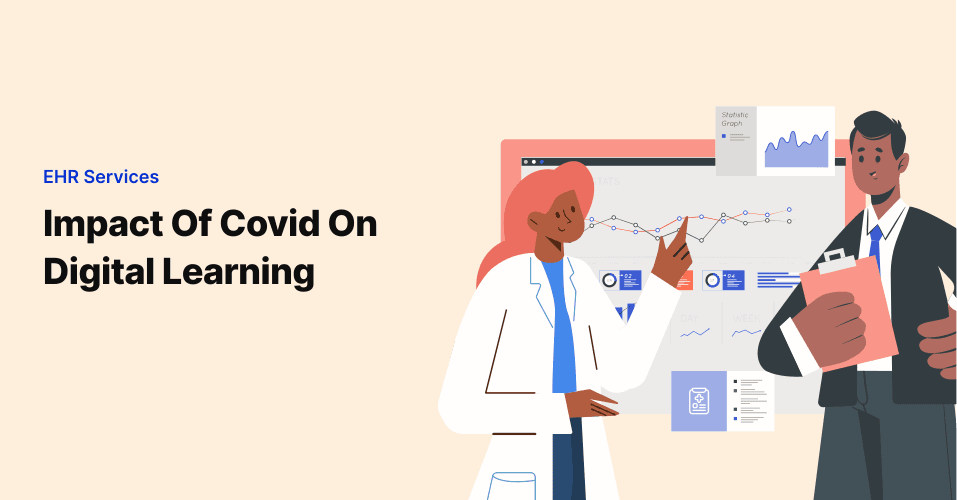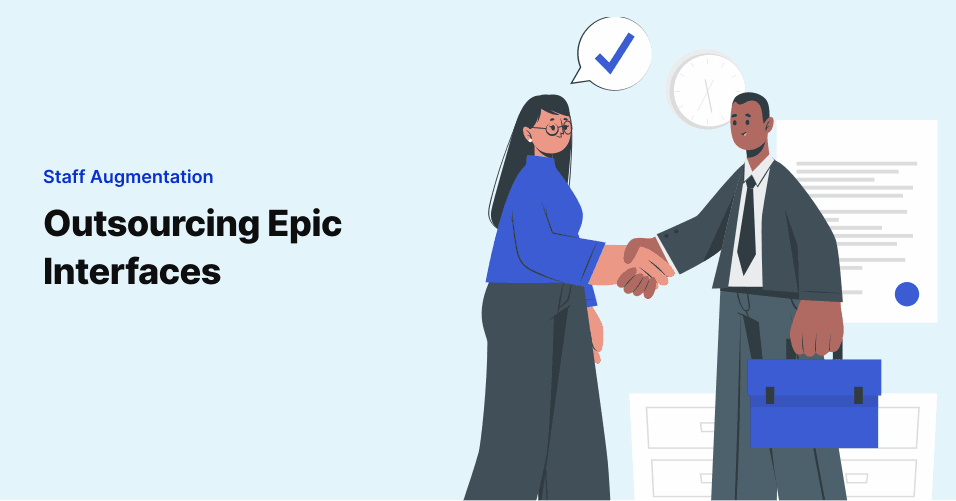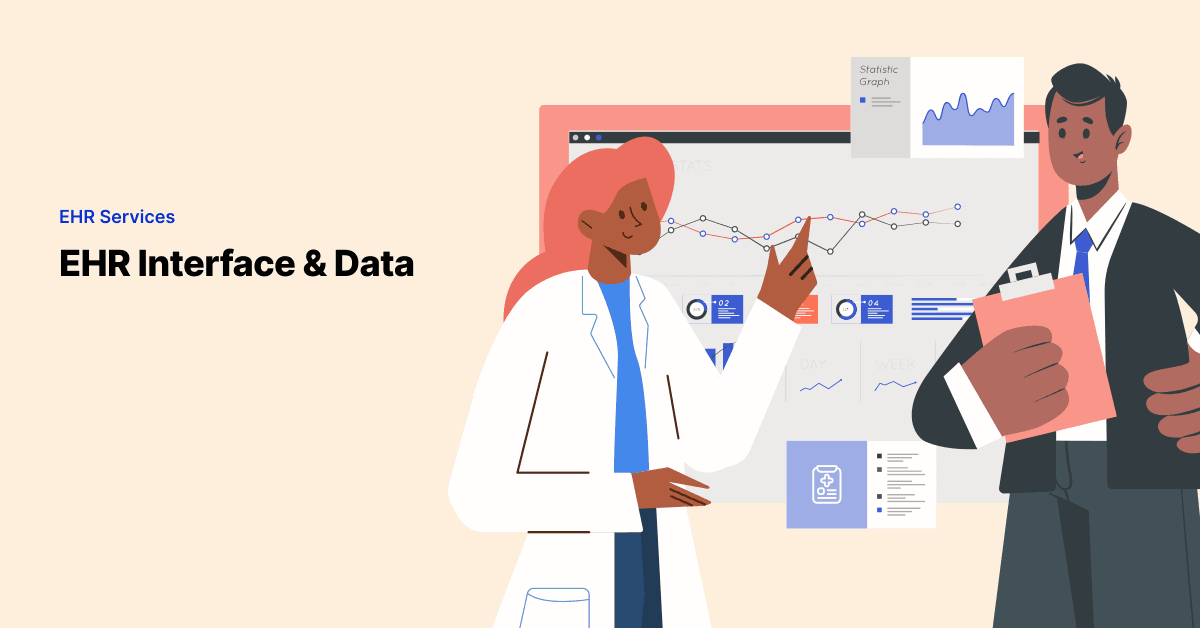
3 Aspects of Epic Implementation that Could be Impacted by Covid-19
It’s safe to say at this point that there is no aspect of our collective lives that has not been impacted by …

Making the most of an investment like an EHR for a large health system has a lot to do with the ability to scale the technology and leverage capabilities for connectivity. After all, modern healthcare doesn’t allow any of us to operate in a bubble, and a hospital or health organization’s ability to share and gather data has everything to do with their ability to grow and thrive. EHR interfaces are the key to unlocking the power of comprehensive care records and real-time clinical information. However, there are some aspects of Epic interfaces that are critical and complex enough to warrant calling in some help. We hear often that hospital IT resources are pulled in many directions and have no shortage of tasks on their plates, so bringing in dedicated experts to execute some of the efforts we’ll discuss below may enable interoperability as quickly and efficiently as is desired.
Some of the most promising opportunities for improving clinical outcomes, increasing revenue and controlling costs are tied to emerging devices for healthcare IT. From patient wearables to physician tools, capitalizing on the mobility and data capabilities of the latest and greatest medical device technology is one of the key ways that hospitals can move the needle on core business metrics. But that data can’t exist in another silo or tool; the information is only as valuable as the ability to unite that data with other touch points to provide actionable intel and drive behavior.
Hiring an Epic interface expert to bring the information from medical devices to the EHR (and therefore to the point of care) makes all the difference in realizing the promises of said device. Technology is great, but streamlining the workflow to enable physicians to focus on medicine will make or break an implementation. A solid interface will support the on-the-go capabilities of many tools on the market, ensuring that data is never lost and that breaks in connectivity are handled well. Because this handling often requires middleware to bridge the gap between device and EHR, it’s worth bringing in interface pros to build an ironclad connection.
It’s not uncommon for most hospitals to want to thoroughly vet their own solutions, especially given the liability involved. We get that. However, proper testing of Epic interfaces and healthcare IT in general is a major task with many best practices that an average clinical or administrative end user won’t know to observe.
With professional testers, you can get:
Many healthcare organizations look forward to free-flowing records within their communities, and Health Information Exchanges (HIEs) are one way that this becomes more attainable. Not every practice, surgery center or ancillary provider in a geographic location will share the same EHR, which is when the ability for interfaces to support interoperability become clutch for unlocking the possibility of an impactful HIE.
Given the popularity and capabilities of Epic as an EHR, some hospitals find that they have access to more data than most of their counterparts using other technologies. But when the goal is collaboration and removing borders, interfacing with whatever robust or home-spun standards are floating around in a community becomes the central focus of a HIE. And in our experience, the ability of a regional HIE to interface back to Epic and others is just as important as how it consumes and corroborates the inbound data. Again, leaning on professionals for Epic interfaces to a HIE or any other endpoint is a great way to ensure fidelity of that interoperability and account for the less-than-happy-path scenarios as well.
Facing a challenge in life is kind of a turn-on for an easy rider. When life gives you lemons, use them in your designs
!Alexender Smith
Join over 3,200 subscribers and keep up-to-date with the latest innovations & best practices in Healthcare IT.

It’s safe to say at this point that there is no aspect of our collective lives that has not been impacted by …

It’s a strange aspect of human psychology (and curiosity) that we tend to learn more powerfully from hearing …

Health systems embarking on Epic integration projects are rarely doing so to exist in a bubble. The goal we …